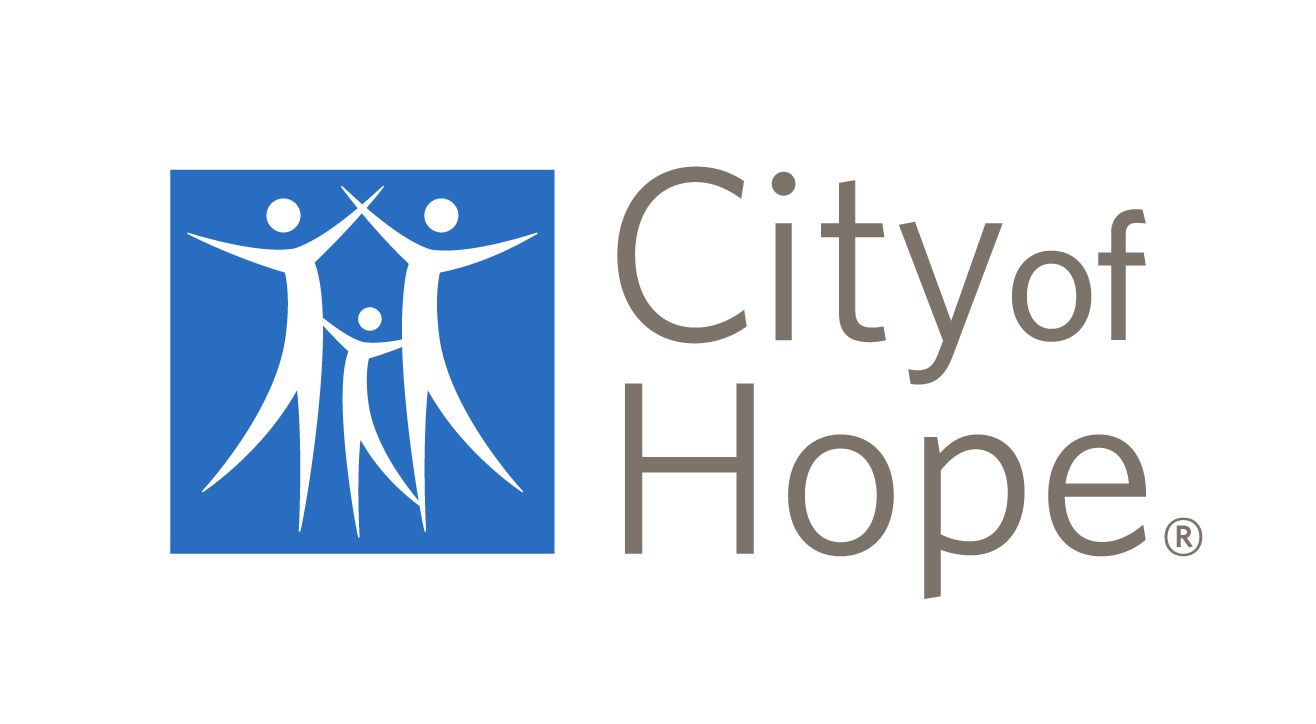- Advertise
- About OncLive
- Editorial Board
- MJH Life Sciences brands
- Contact Us
- Privacy
- Terms & Conditions
- Do Not Sell My Information
2 Clarke Drive
Suite 100
Cranbury, NJ 08512
© 2025 MJH Life Sciences™ and OncLive - Clinical Oncology News, Cancer Expert Insights. All rights reserved.
FDA Label Update Emphasizes Importance of RAS Testing in mCRC
For further insight into the evolving role of expanded mutation analysis in mCRC, OncLive interviewed Marwan G. Fakih, MD, the director of Gastrointestinal Medical Oncology at City of Hope.
Marwan G. Fakih, MD
In early March, the FDA updated the label for the EGFR inhibitor panitumumab (Vectibix) to be specifically indicated for the treatment of patients with RAS wild-type metastatic colorectal cancer (mCRC), as opposed to KRAS alone, further solidifying a continued shift toward an expanded testing strategy.
The update to the label was preceded by a change to NCCN guidelines indicating that cetuximab and panitumumab should only be utilized in patients with KRAS/NRAS wild-type mCRC. In a biomarker analysis of the phase III PRIME study that was published in the New England Journal of Medicine, narrowing down treatment with panitumumab to patients with only RAS wild-type mutations resulted in an improvement in overall survival (OS) of 5.8 months.
The median OS with panitumumab plus FOLFOX was 26.0 months compared with 20.2 months with FOLFOX alone in patients with wild-type RAS mCRC (HR = 0.78; P = .04). Moreover, this study demonstrated that patients with RAS mutations had a 3.6-month worse median OS with panitumumab compared with FOLFOX alone (15.6 vs 19.2 months; HR = 1.25; P = .04).
For further insight into the evolving role of expanded mutation analysis in mCRC, OncLive interviewed Marwan G. Fakih, MD, the director of Gastrointestinal Medical Oncology at City of Hope.
OncLive: How could expanded RAS testing alter treatment decisions for patients with mCRC?
Fakih: It’s very important to do an extended RAS assay, or what we also call "all-RAS" assay. We know that about 40% of patients with metastatic colorectal cancer have a KRAS mutation, but about 10% of patients also have other mutations. These mutations could be KRAS mutations, non-exon 2 mutations (such as exon 2 and exon 4), or NRAS mutations.
Patients with these mutations will not respond to anti-EGFR therapy, and therefore we do not want to subject them to an anti-EGFR treatment if it will not result in any benefit but may result in increased toxicity. It is very imperative that extended RAS mutation testing is conducted at the time of presentation for a patient with metastatic colon cancer.
At City of Hope, we conduct extended RAS testing when a patient presents for first-line treatment. It affects our decision making. If a patient has a non-exon 2 KRAS mutation or NRAS mutation, those patients will not be considered for first-line EGFR therapy and will not be considered for any anti-EGFR therapy.
Are there other assays that should be conducted?
Another test that I think is very important to obtain is for BRAF mutations, and that has not actually been done consistently at this point in the community. Patients with KRAS mutation or NRAS mutation, exon 2, 3, or 4 will not benefit, as we stated earlier, to any anti-EGFR therapy. But it’s also important to realize that patients with BRAF mutation have a very poor prognosis, and those patients may benefit from more aggressive chemotherapy and may have less benefit from an anti-EGFR therapy as well.
After we define the RAS status and the BRAF status of a patient, we have to consider what is the goal in the management of a patient with metastatic disease. Is the goal palliative with improvement in overall survival or is there a chance for cure? Is the disease limited to the liver? Is there a potential for liver resection down the line or not?
What other factors should be considered for frontline treatment selection?
I think it’s imperative that we take into consideration the age of the patient, the performance status, the pattern of metastatic disease, as well as the molecular profile of the tumor. Based on this consideration, I have to decide whether the patient is potentially curable or not curable, and if the patient will benefit from targeted therapies, and if so, which particular targeted therapy.
In patients where there is a chance with major downstaging that we will get to a liver resection for a cure or for a potential cure, there's a need to start with an aggressive chemotherapy regimen because what we have to shoot for is the best response rate possible. That’s when I have to decide if I need to implement anti-EGFR treatments or if I need to use triplet chemotherapy regimens, such as FOLFOXIRI.


